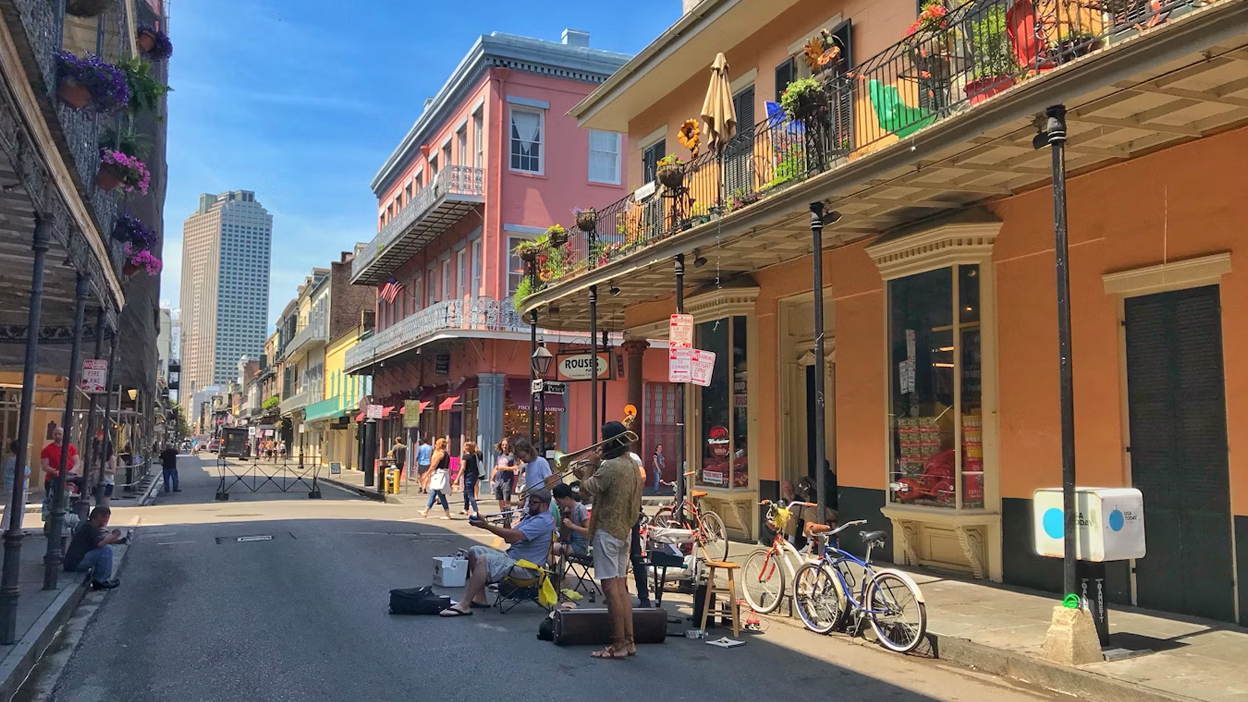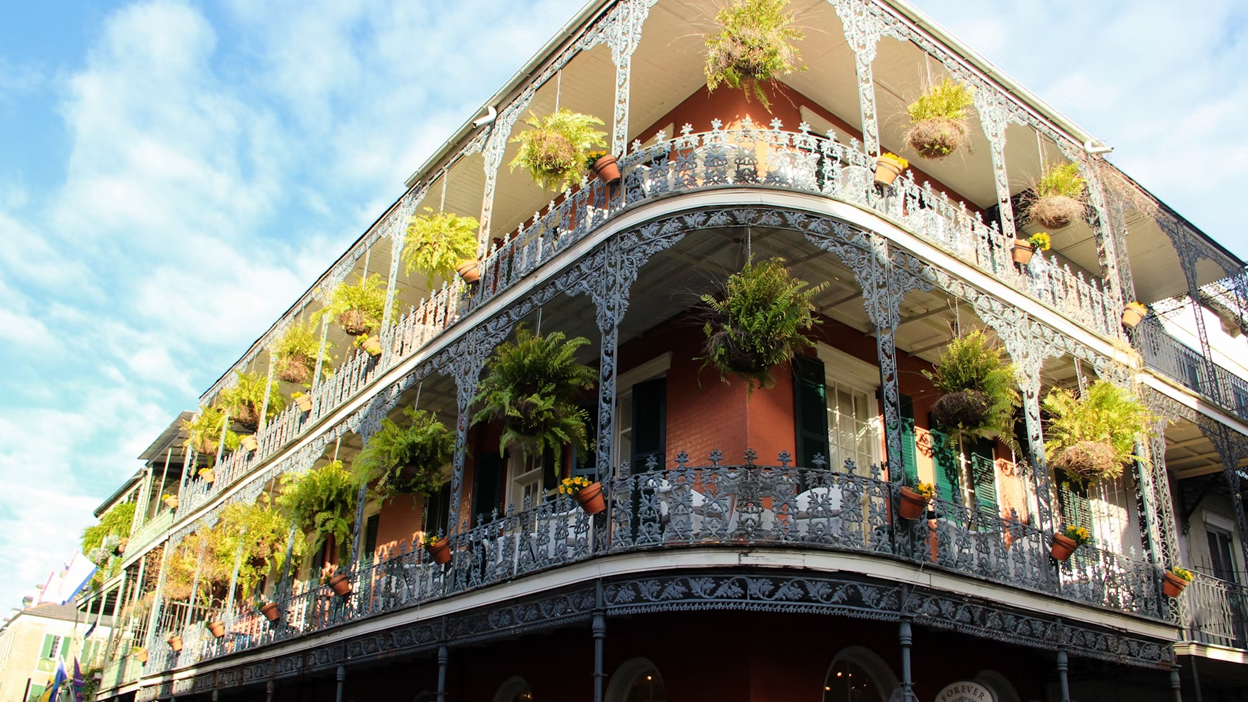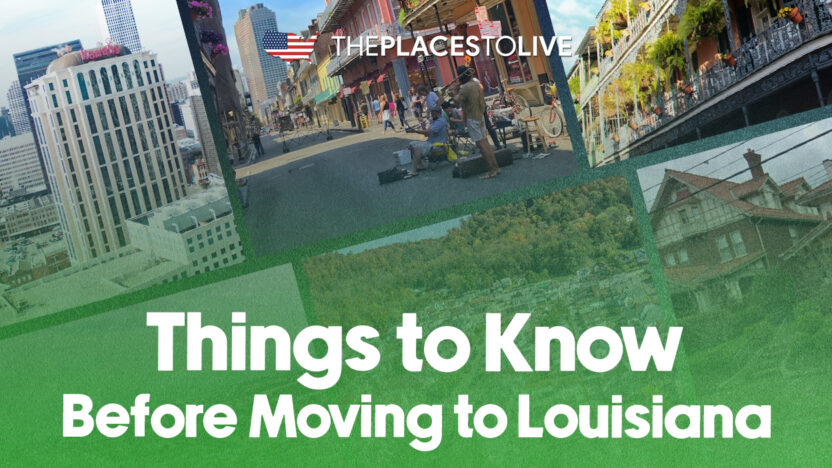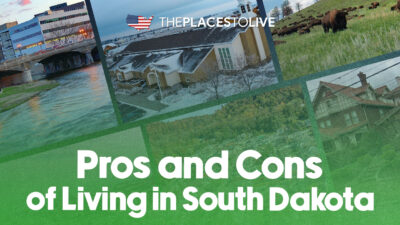Things to Know Before Moving to Louisiana: The Ultimate Guide for 2025
If you’re thinking about relocating to Louisiana, it’s vital to be fully prepared. This blog post covers essential things to know before moving to Louisiana so you can make the best decisions for your lifestyle, finances, and well-being. Known for its rich, vibrant culture, affordable living, and wide-ranging lifestyle options, Louisiana offers something unique for every newcomer. From the colorful streets of New Orleans to peaceful rural parishes, this Louisiana lifestyle guide provides detailed information on culture, climate, costs, and practical moving tips to ease your transition.
Overview of Louisiana Lifestyle Guide

Louisiana’s lifestyle is deeply influenced by its diverse cultural roots. It reflects a rich blend of French, Spanish, African, and Native American traditions, creating a truly unique environment to live in.
A Culture Like No Other
Visitors and residents alike celebrate famous events such as Mardi Gras, a spectacular festival of parades, music, and costumes that put Louisiana’s cultural flair on full display. The state is also the birthplace of jazz, with New Orleans in particular recognized worldwide as a hub for jazz and blues music. You’ll find music festivals year-round that honor these local sounds, from zydeco to Cajun beats.
Louisiana’s Food Scene: A Culinary Treasure
One of the biggest draws to Louisiana living is its incredible food culture. The cuisine features bold spices, fresh seafood, and iconic dishes you won’t find anywhere else. Think gumbo, rich and hearty; jambalaya, a flavorful rice dish; crawfish boils that bring communities together; and beignets—a sweet treat beloved across New Orleans. The combination of Creole and Cajun traditions empowers every meal with depth and character.
Embracing the Outdoors
Outdoor lovers thrive here. Louisiana boasts approximately 216 sunny days per year, making it ideal for activities like fishing, boating, hunting, camping, and cycling. The state’s vast bayous, winding rivers, and numerous state parks provide incredible spaces for nature enthusiasts and adventure seekers.
Regional Lifestyle Variations
- New Orleans: Urban, historic, buzzing with nightlife, music, and festivals.
- Baton Rouge: More suburban, serving as the state capital with strong government and educational sectors, plus economic growth.
- Rural Areas: More spacious properties, agriculture-focused, and a slower pace of life suited to those seeking tranquility.
For newcomers curious about Louisiana’s culture and cuisine, books like the Louisiana Travel Guide offer deep cultural insights, while Cajun and Creole cooking kits bring authentic flavors right to your kitchen — perfect for food lovers.
Things to Know Before Moving to Louisiana
Before you pack your bags, understanding the practical realities of Louisiana is crucial.
Climate and Weather
Expect hot, humid summers frequently topping 90°F. Winters are mild, rarely dipping below freezing, but the biggest weather concern is hurricane season, from June to November. Tropical storms and hurricanes can disrupt life, making it essential to plan ahead.
Because many parts of Louisiana face flood risks, flood insurance may be a requirement. Homebuyers should check if the property falls into flood zones.
Housing Preparedness and Home Structure
Louisiana’s homes often incorporate special features for storm resilience. Proper drainage systems and storm-proofing measures help mitigate flood damage. If you’re relocating to Louisiana, inspect these elements carefully to safeguard your investment. For insights on the real estate market and affordable housing in Louisiana, consult this guide.
Local Laws and Regulations
Louisiana has low property taxes compared to the national average, an attractive point for homeowners. However, note that traffic laws, smoking restrictions, and alcohol sales regulations vary across parishes and cities, so familiarize yourself with local rules to ease your transition.
Healthcare and Education
Major hospitals and specialized clinics are concentrated primarily in urban centers like New Orleans and Baton Rouge, providing decent healthcare for residents. However, rural areas can be less served, so proximity to medical facilities is an important consideration.
Educational options also vary widely: large cities offer multiple public and private schools, plus universities such as Louisiana State University (LSU) and Tulane University. Rural regions may have fewer schools and limited resources. For more on family-oriented education and safe neighborhoods in Louisiana, see this helpful guide.
Moving to Louisiana Tips

Moving is a complex task — especially when relocating to a state with Louisiana’s unique climate and cultural landscape. Here are practical moving to Louisiana tips to help streamline the process.
Best Time to Move
Avoid the dangers of hurricane season by planning your move in spring or late winter. These times offer better weather for moving trucks, less risk of severe storms, and a more manageable relocation.
Choosing a City or Neighborhood
Match your neighborhood choice to your lifestyle needs:
- New Orleans is perfect if you want vibrant culture, festivals, and nightlife.
- Baton Rouge suits families and professionals seeking economic opportunities and good schools.
- Rural parishes appeal to those who want space, privacy, and a slower pace.
Connect with Communities
Louisiana is known for its warm hospitality. Join neighborhood clubs, cultural associations, and online forums before or soon after moving to start building your social network. This helps with integration and discovering local insights.
Hiring Movers
Hiring professional movers is highly recommended. Look for companies familiar with Louisiana’s weather and infrastructure. Movers like Allied Van Lines and container services such as PODS offer flexible options suited to storm season considerations, enhancing the safety and convenience of your move.
Relocating to Louisiana – Cost of Living
One of the biggest advantages of relocating to Louisiana is affordability. The Louisiana cost of living is roughly 9–15% below the national average, covering housing, utilities, groceries, and transportation.
Housing Market Breakdown
- Median home price: Approximately $220,000 statewide.
- Urban rentals: One-bedroom apartments typically range from $1,200 to $1,800 monthly.
- Rural housing: Often more affordable, generally under $150,000, and usually offer larger lots and more privacy.
Because of geographic challenges, many homes in flood-prone zones require flood insurance—this needs to be budgeted for.
The homeownership rate in Louisiana is about 70%, reflecting solid affordability relative to income.
Utilities and Transportation
Utilities are moderately priced compared to other states. Public transit availability is limited outside of larger cities, so most residents own a car. Transportation costs are generally reasonable, although commutes from rural areas to urban jobs may be longer. For urban transit and walkability perspective useful for New Orleans residents, see this walkability guide.
For house hunters, tools like Zillow and Apartments.com are invaluable, while local websites help new residents easily set up water, electricity, and internet services.
Additional Practical Information

Transportation
While major cities like New Orleans and Baton Rouge provide public transit options, most of Louisiana’s vast, spread-out geography means personal vehicles are essential. Traffic congestion is usually confined to urban centers, with generally manageable commute times.
Job Market
Louisiana’s economy centers on industries including:
- Energy (oil and natural gas)
- Healthcare
- Manufacturing
- Tourism
Baton Rouge is among the fastest-growing metro economies in the country with nearly 79,000 new jobs projected by 2032, offering economic opportunities across several sectors.
Education
Public education quality is mixed: some urban school districts face challenges, but private schools and universities deliver strong options. Colleges such as LSU and Tulane attract students nationwide, adding to the intellectual vibrancy of the state.
FAQs
What should I be aware of before moving to Louisiana?
Prepare for a hot, humid climate with a hurricane season that lasts from June to November. Flood insurance is often necessary, and regional cultural differences affect daily life.
How expensive is it to live in Louisiana?
The cost of living is about 9–15% below the national average, due to affordable housing, low taxes, and inexpensive groceries and utilities.
Which cities are best for new residents?
New Orleans shines for culture and festivals. Baton Rouge excels for jobs and families. Rural areas are best for those seeking space and quiet. Guidance on safe or family-friendly cities in Louisiana is available at this family-friendly guide.
What is the weather like year-round?
Expect hot, humid summers with thunderstorms, mild winters, and the risk of hurricanes mainly from June to November.
Are there good schools and hospitals in Louisiana?
Major cities provide quality hospitals and educational institutions, but rural locations may have fewer options.
Conclusion
In summary, things to know before moving to Louisiana include its vibrant culture, affordable Louisiana cost of living, and diverse lifestyle options from historic cities to peaceful countryside. Preparing for the climate threats, local laws, and housing intricacies ensures a smooth relocation.
Following the practical moving to Louisiana tips like timing your move outside hurricane season, hiring knowledgeable movers, and connecting with communities will ease your transition. Don’t forget to utilize recommended affiliate resources such as cultural travel guides, Cajun cooking kits, professional moving services, and housing platforms to support your journey.
Choosing Louisiana means embracing a state rich in heritage with a welcoming heart—start your move today with confidence!





